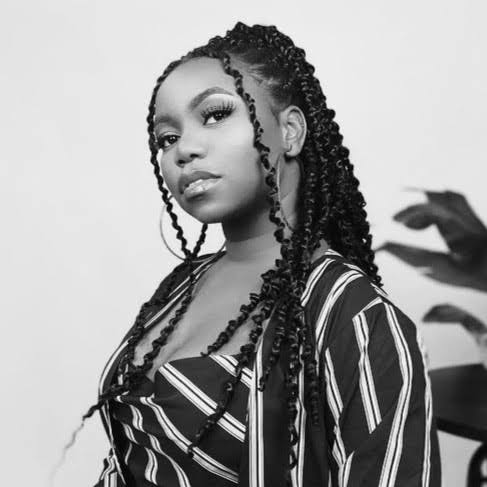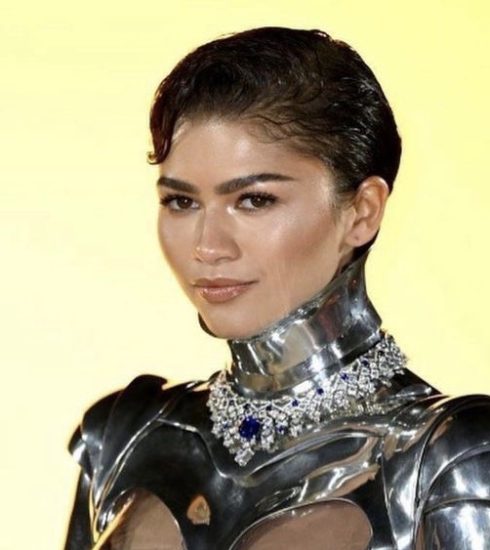Black To the Roots: Beyoncé, Country Music, And The Reclamation Of Black Musical Legacy
Beyoncé’s recent release of country-influenced singles “16 Carriages” and “Texas Hold ‘Em” marks a bold departure from her established pop diva persona. With a career encompassing R&B, hip-hop, and dance, Beyoncé’s latest creative pivot spotlights the often-overlooked Black historical roots within popular music genres. It also highlights her determination to combat the systematic erasure of Black cultural contributions.
View this post on Instagram
“Beyoncé has solidified her status as a cultural architect…a manifesto for Black empowerment,” observes Idara Idemeko, Label Manager, West Africa at The Orchard, and lifelong Beyoncé fan. Her recent country music incursion aligns with Idemeko’s view of the Harlem Renaissance’s echo within Beyoncé’s artistry. That renaissance embraced artistic innovation and historical continuity, emphasizing the profundity of Black influences within America’s music landscape.
This deliberate reclamation of Black musical heritage couldn’t be timelier. Genres like disco, house, and even country music are deeply marked by marginalized groups that sought musical escape from an exclusionary society. In the 1970s, disco evolved from underground Black, Latinx, and LGBTQ+ spaces. Its repetitive “four-on-the-floor” beats were the lifeblood of the genre.

Idara Idemeko, Label Manager, West Africa at The Orchard reflects on Beyoncé’s indelible contributions to black artistry.
However, as disco was propelled into the mainstream, a backlash spearheaded by a largely white rock audience culminated in the infamous “Disco Demolition Night” at Chicago’s Comiskey Park. Witnesses say this wasn’t merely a protest against disco itself but a visceral backlash against its Black, Latinx, and LGBTQ+ origins. Disco’s commercial demise coincided with the re-marginalization of its creators.
View this post on Instagram
EDM has a similar trajectory. Emerging as house and techno in underground queer spaces, it evolved into today’s chart-topping sound. Ironically, while EDM artists reap global fame, a study by the Annenberg Inclusion Initiative reveals that racially and ethnically underrepresented artists account for only 5% of EDM hits. It’s no surprise that the most celebrated EDM acts remain disproportionately white.
Country music also has a complex and layered history with Black involvement. Before commercialization, “country” simply referred to folk music of the American South. Black blues artists played a foundational role, with a lasting influence stemming from the banjo, an instrument of African origin. Radio and recording in the early 20th century created artificial genre boundaries. White “hillbilly music” got marketed to broader audiences while Black blues faced significant hurdles. Yet, cross-pollination happened – white acts learned from Black artists, but mainstream opportunities largely went to white performers.
This pattern persists. Though white country artists regularly incorporate hip-hop influences, there’s significant pushback to the mere presence of Black country artists. It’s worth questioning why songs like Sam Hunt’s “Body Like a Back Road,” evoking imagery often attached to Blackness, get chart-topping success while Black artists singing country have their work routinely dismissed as “not country enough.”
View this post on Instagram
With her country music exploration, Beyoncé not only pushes genre boundaries but forces a necessary dialogue. “This reclamation and celebration…serves as a poignant reminder of [Black Music’s] enduring influence and importance worldwide,” reflects Idemeko.
Beyoncé’s legacy will surely include re-centering marginalized Black artistry and narratives, shining a light on the systemic neglect within popular genres. In the words of Idemeko: “Black History Month…is being retold, reshared, and re-honored.”
However, this work remains ongoing, Beyoncé’s journey acts as an example, urging everyone to delve deeper into the history of Black musical innovation and restoring the legacy of Black art.
In her latest single “16 Carriages,” Beyoncé sings, “For legacy, if it’s the last thing I do
You’ll remember me ’cause we got somethin’ to prove
In your memory, on the highway to truth
Still see our faces when you close your eyes.”
In these poignant lines, she declares her unwavering commitment to leaving a legacy defined by resilience and the fight for recognition. Knowing she stands on the shoulders of countless unsung Black musical pioneers, her journey serves as a powerful clarion call. These words signal that Beyoncé’s work does not seek mere fleeting fame. Instead, it aims to establish a lasting tribute to Black cultural achievements, ensuring the memory of lost artists is immortalized within the music itself.
In claiming her place as heir to this legacy, Beyonce forges a path for future Black musicians to reclaim their rightful ownership of musical traditions, honoring the past while propelling the music industry towards a future where Black creativity sits at the undisputed center.

Ntianu Obiora is a versatile creative professional with over a decade of experience in publishing, marketing, communications, and digital strategy. She is the Online Editor at THEWILL DOWNTOWN






